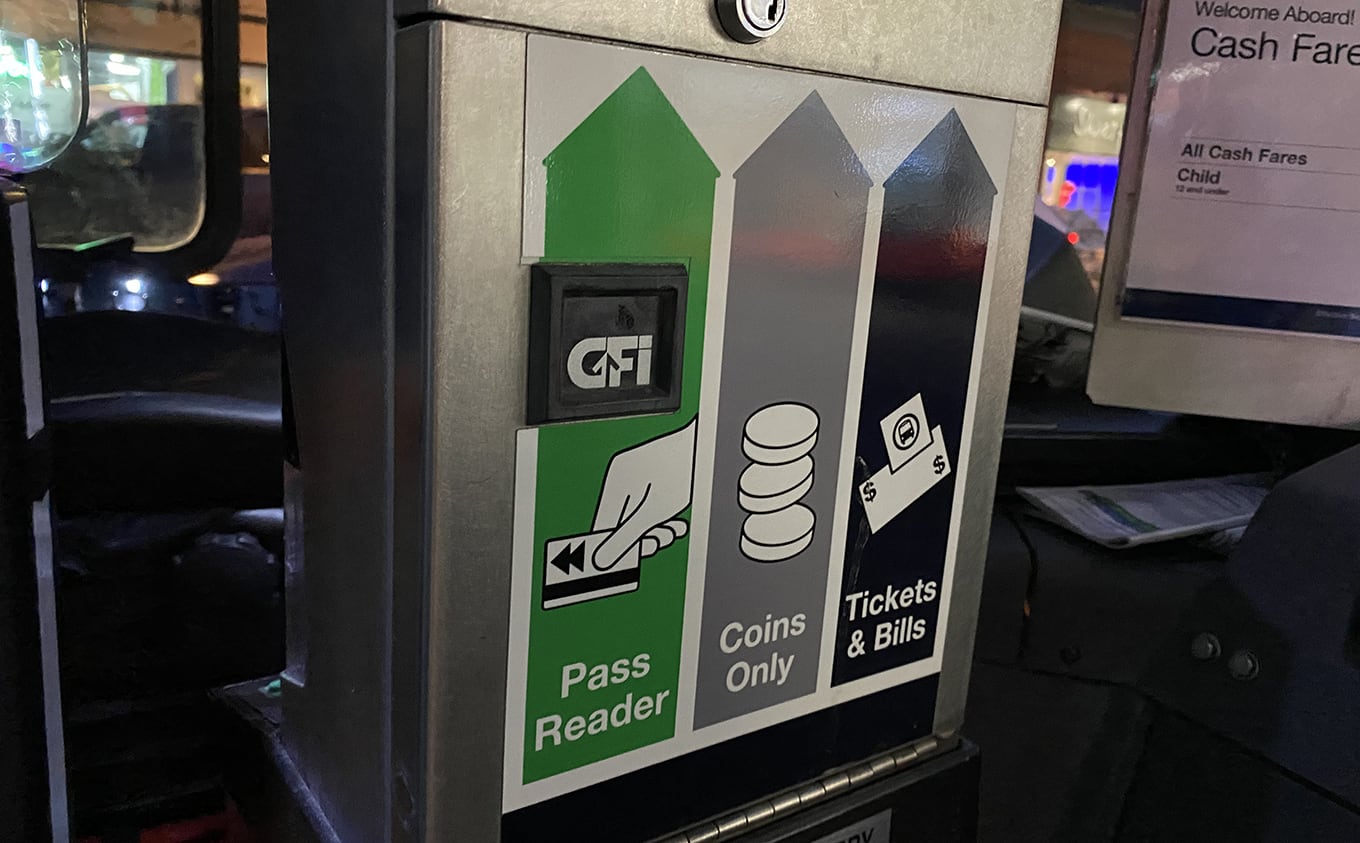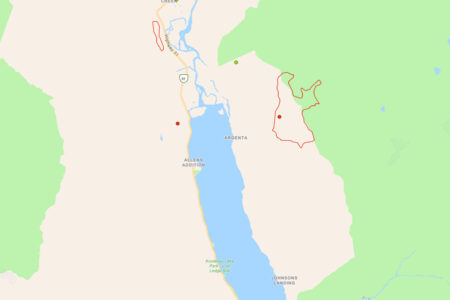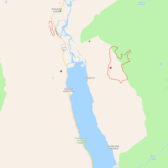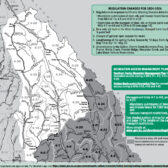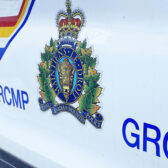BC Transit announces details of new electronic fare collection system
West Kootenay Transit riders will soon be seeing a different pay option on bus commutes after BC Transit recently announced its project to implement an electronic fare collection system across the province.
BC Transit said it celebrates several project milestones, sharing details of the coming system, announcing the system’s vendor, and releasing the brand that represents the system, Umo (pronounced “you-mo”).
BC Transit said the innovative new system will replace end of life technology and equipment, and introduce contactless tap payment methods that will improve the transit experience.
BC Transit said the new payment methods will include mobile app, debit card, credit card, mobile wallet, and reloadable smart card, providing riders with the ability to pick the best payment method for their lifestyle and travel habits.
The new contactless payment methods will increase access to transit by allowing riders to use items they carry every day, removing barriers like requiring them to pre-purchase tickets and passes or carry exact change.
“We are excited to be sharing news of the transformational electronic fare collection system project that will make selecting transit as your mode of choice more convenient and accessible,” said Erinn Pinkerton, BC Transit President and Chief Executive Officer.
“The innovative payment methods that will be enabled by the system are items that British Columbians carry on them every day. Whether someone is a daily rider, occasional rider, or haven’t taken their first trip yet, Umo will make their trip easier.”
The new system will be implemented in transit systems, including West Kootenay region — Trail, Castlegar, Kaslo, Nelson, Slocan Valley and Nakusp — and interregional routes in two phases, initially enabling mobile app and reloadable smart card payment methods before payment by credit card, debit card, and mobile wallets will be enabled.
“Modernization initiatives like this are important as we look to rebuild ridership to pre-pandemic levels and grow our public transportation system in the years to come,” said Rob Fleming, Minister for Transportation and Infrastructure.
“With the use of cash in sharp decline everywhere, efficient and convenient electronic fare payment options are the way of the future.”
The Victoria Regional Transit System has been selected for the system’s pilot project and first transit system implementation and can expect to see the system come on board by fall 2022.
Other transit systems and interregional routes scheduled for system implementation include Agassiz-Harrison, Campbell River, Central Fraser Valley, Chilliwack, Comox Valley Regional, Cowichan Valley Regional, Cowichan Valley Commuter, Cranbrook, Dawson Creek, Fort St. John, Fraser Valley Express, Hope Regional, Kamloops, Kelowna Regional, Kitimat, North Okanagan Connector, Pemberton Valley, Port Alberni Regional, Port Edward, Powell River Regional, Prince George, Prince Rupert, Quesnel, Regional District of Nanaimo, Skeena Regional, South Okanagan Connector, South Okanagan-Similkameen, Squamish, Sunshine Coast, Terrace Regional, Vernon Regional, Whistler, and West Kootenay.
BC Transit said the coming system also introduces a new stored value feature, providing riders with further abilities to select the best option for their travel needs.
Riders using the mobile app and reloadable smart card will be able to load a stored value balance to their account to be drawn from as they ride, in addition to being able to purchase any of the existing fare products. Riders will be able to easily purchase their desired fare product with their mobile device, through a new web portal, or at a retailer and board the bus by simply scanning their mobile device or tapping their card.
Cash will continue to be accepted for those riders who prefer to use it, but it is expected most riders will find one of the new payment methods a more convenient option.
Other benefits of the electronic fare collection system will include:
- Enabling seamless interregional transit by allowing riders to travel across the province with one payment method
- Improving onboard cleanliness by reducing farebox touchpoints with the implementation of contactless payments
- Improving service reliability by reducing the demand on transit operators to visually validate and administer fare products aboard the bus
- Increasing ridership by utilizing the electronic system’s tools to administer promotions and new programs
After a successful negotiated request for proposals process, BC Transit has entered into an agreement with Cubic Transportation Systems, Inc. (Cubic) for their Umo platform that will power the system. In addition to their innovative product, Cubic will bring their nearly 20-years of experience supporting fare collection in British Columbia to the project as the long-time vendor for TransLink’s Compass Card network, used in Metro Vancouver.
The Electronic Fare Collection System Project is funded through the Investing in Canada Infrastructure Program. This project is being cost-shared with the Government of Canada contributing 50 per cent of eligible costs, the Province of British Columbia contributing 40 per cent, and the project’s local government partners contributing the remaining 10 per cent.
The total cost for this project is $23,200,000.



